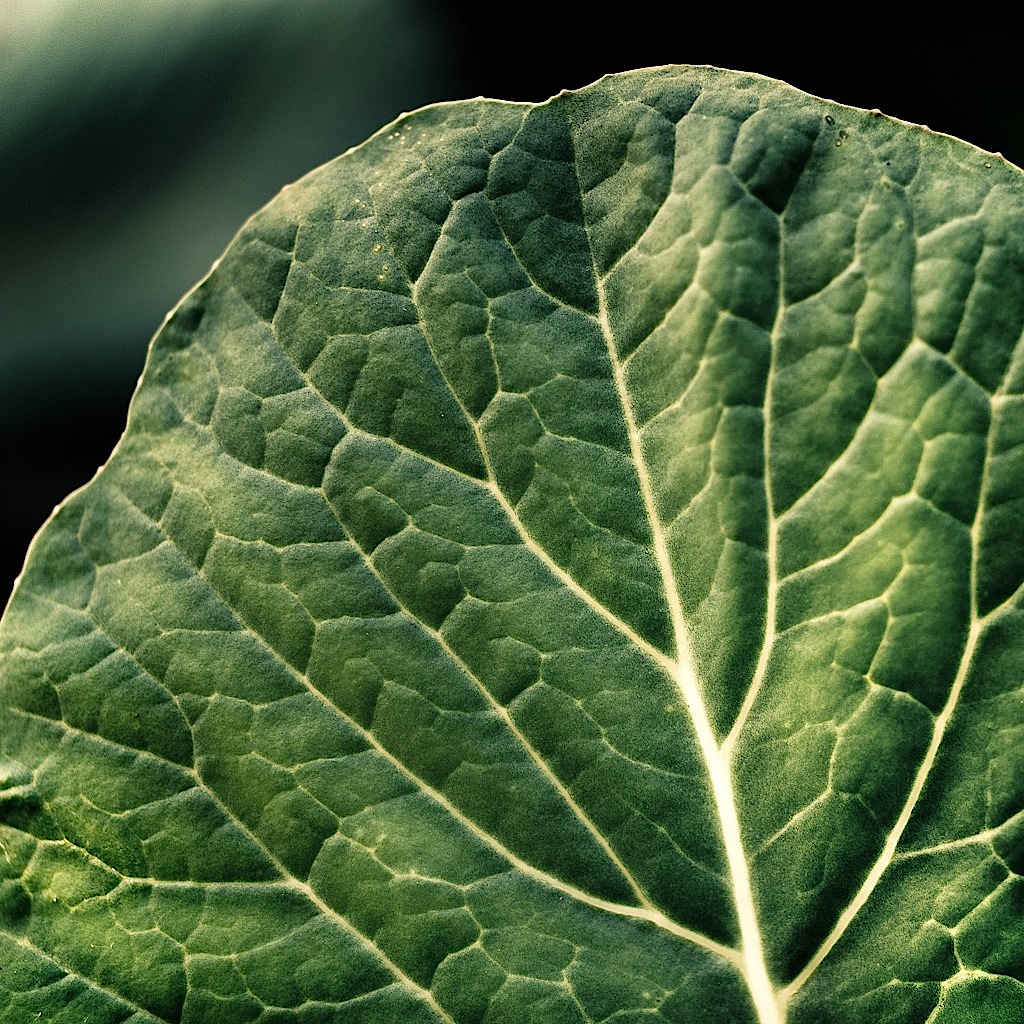Backpacking is a great way to get outdoors and enjoy nature, but it can also be hard on your body if you don’t have the right food. The healthiest backpacking food is lightweight, nutrient-dense, and easy to prepare. It should also be high in calories to keep you going throughout your hike.
Protein is essential for maintaining muscle mass while out on the trail. Nuts and nut butters are an excellent source of protein and healthy fats. They provide a sustained energy release as well as essential amino acids that are necessary for muscle growth. Dried meats such as beef jerky or salmon jerky are also good sources of protein, but they can be heavy so opt for them if you have extra space in your pack.
Carbohydrates are necessary for providing energy during your hike.
Whole grain breads and pastas are a great source of complex carbohydrates that will give you an energy boost without causing a sugar crash later on. Oats, quinoa, and other whole grains provide slow-burning energy that will keep you going throughout the day. Rice cakes, granola bars, and other snacks made from whole grains are also good choices for quick snacks on the go.
Fruits and Vegetables provide essential vitamins and minerals that your body needs while out in the wilds. Dried fruits such as raisins or apricots can be easily carried with you on the hike and provide important nutrients such as fiber and antioxidants. Carrots, celery sticks, bell peppers, tomatoes, cucumbers, snap peas, broccoli florets—all of these can be eaten raw or cooked over a campfire to add extra flavor to your meals.
Fatty Foods:
Fatty foods such as nuts and oils provide important essential fatty acids that help regulate hormones in the body. Olive oil is an excellent choice for cooking over a campfire since it has a high smoke point which makes it resistant to burning at high temperatures. Coconut oil is also a great choice since it contains medium-chain fatty acids which have been shown to improve cognitive function and reduce inflammation.
Conclusion:
What is the healthiest backpacking food? The answer lies in choosing nutrient-dense foods that are lightweight yet packed with calories such as nuts and nut butters, whole grain breads/pastas/oats/quinoa, fruits/vegetables (fresh or dried), fatty foods like olive oil/coconut oil, and dried meats like beef jerky or salmon jerky for a protein boost on the trail. By packing these items into your backpack before heading out into nature you should have no problem staying healthy while enjoying all that Mother Nature has to offer!
8 Related Question Answers Found
Backpacking is an incredible way to explore the great outdoors and enjoy some fresh air and scenery. But with an active lifestyle comes the need for sustenance, and it can be difficult to balance a healthy diet with the requirements of a long trek. The best backpacking food will provide all the nutrition you need to keep going, while also being lightweight, easy to transport and prepare, and full of flavor.
Backpacking is a great way to explore the great outdoors and enjoy some much-needed seclusion. But with that comes the need to be prepared. One of the most important things to consider when backpacking is what food you will bring.
Backpacking is a great way to explore the outdoors while also getting exercise and enjoying nature. While it can be a fun and rewarding experience, it’s important to make sure you have the right food for your journey. Not all foods are suitable for backpacking, so it’s important to choose the best foods for backpacking that will provide you with the energy and nutrients you need.
Backpacking is one of the most thrilling and rewarding outdoor activities. With the right equipment and planning, it can be an incredible way to explore nature, discover new places, and create lasting memories. But one of the most important considerations is food – what should you bring along?
When it comes to backpacking, food is an important component. The right food can provide the necessary energy and nutrients to keep your body functioning properly during the trip. But with so many options available, it can be hard to decide what food is best for backpacking.
Backpacking is a great way to explore the world, but it requires careful planning to ensure you stay healthy and energized. What kind of food is good for backpacking? The answer depends on how long you plan to be away from civilization and how much weight you want to carry.
Backpacking is a great way to explore nature, experience something new, and get a much-needed break from the daily grind of life. But when you’re out in the wilderness, food becomes a major concern. You need to make sure that you have enough food to keep you energized throughout your journey, but it also needs to be lightweight and have good nutritional value.
Backpacking is an excellent way to explore the outdoors, reconnect with nature, and stay in shape. The downside is that packing enough food for the journey can be a challenge. Especially when trying to keep the weight of your load light, you need to focus on foods that are calorie dense, lightweight, and easy to store.

